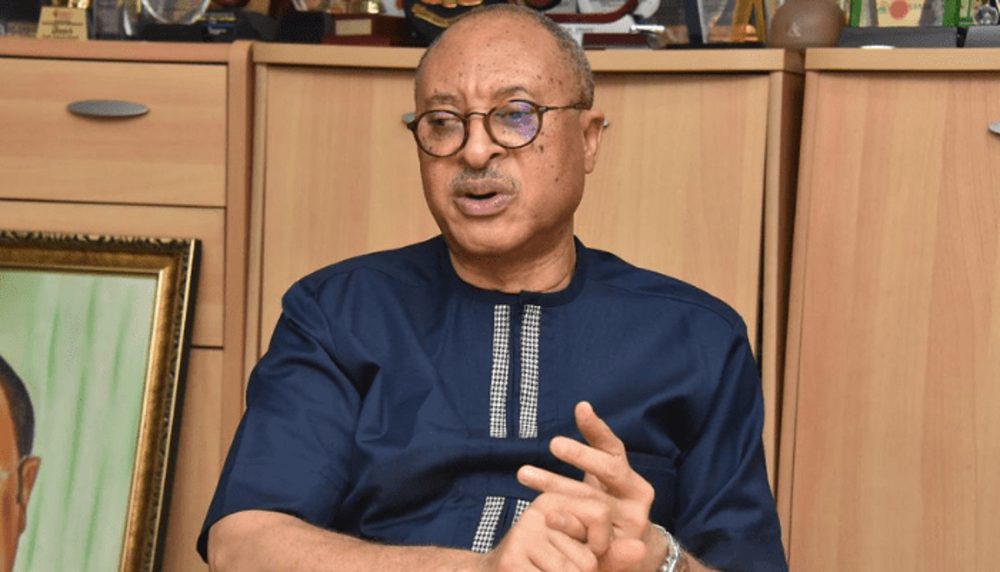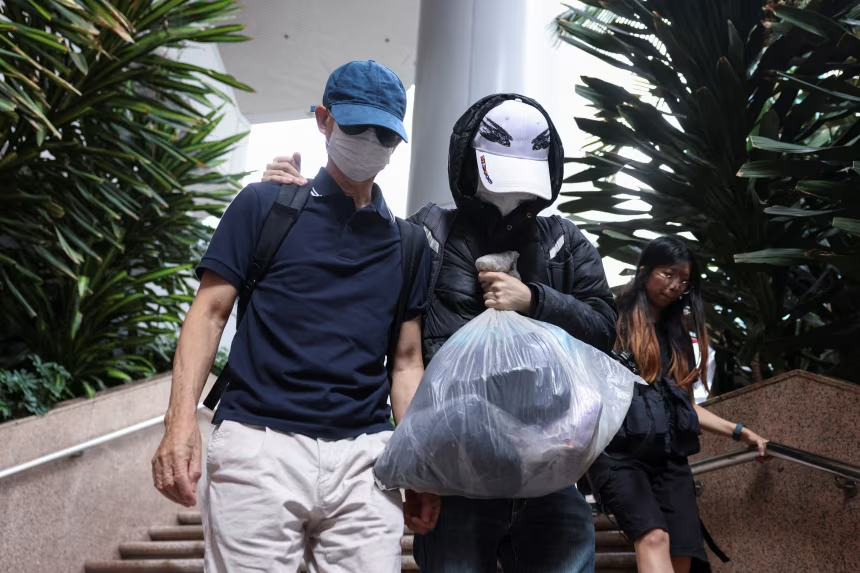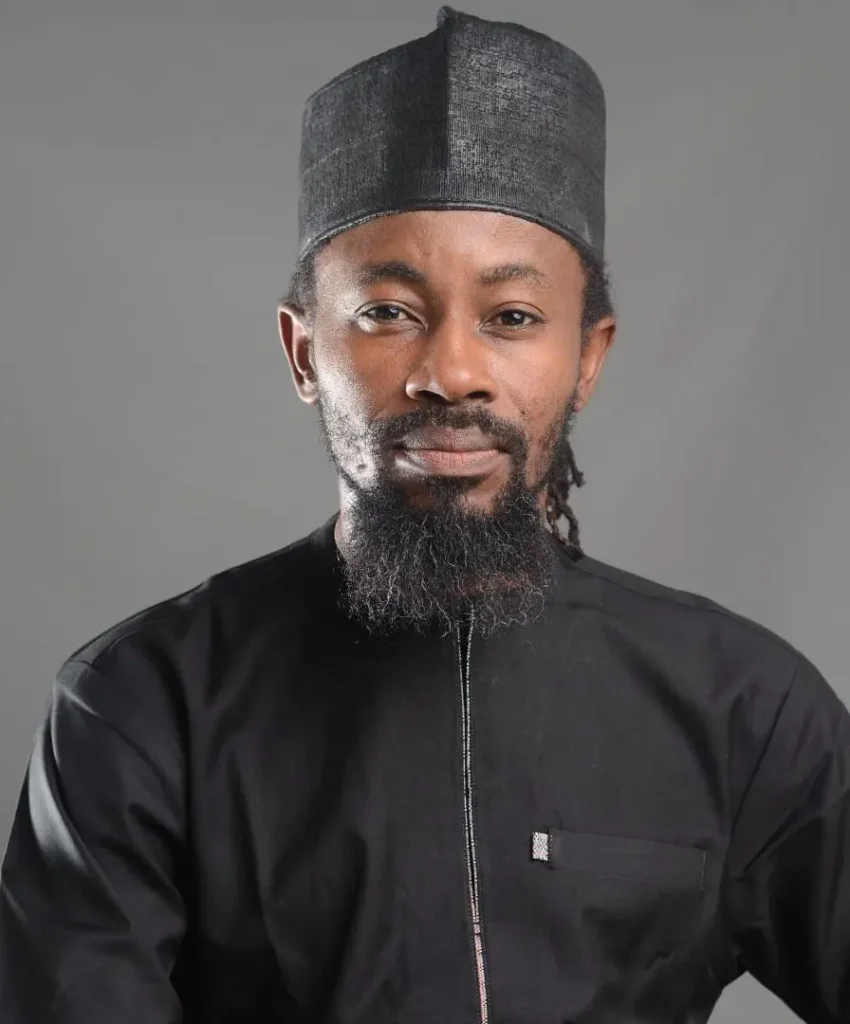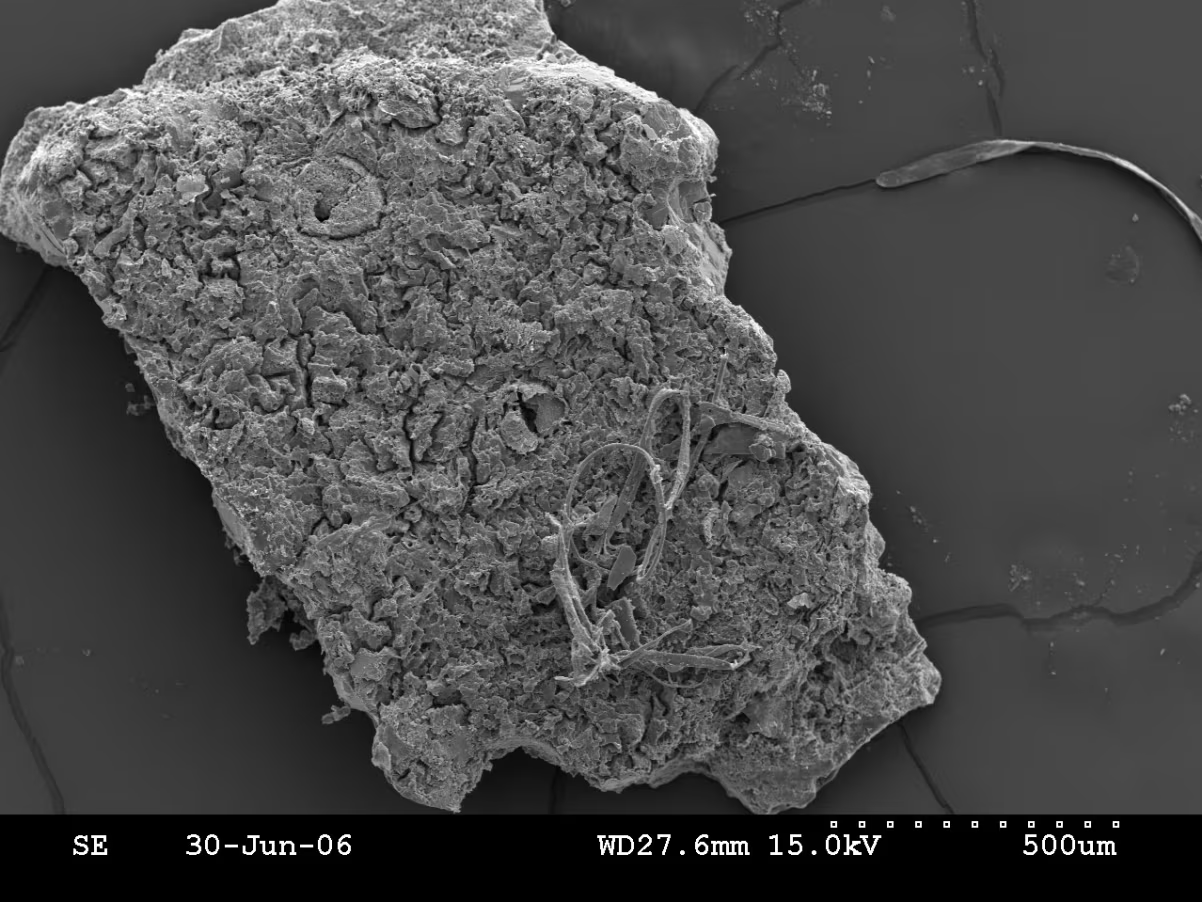Now Reading: US Congress launches investigation into alleged Christian persecution in Nigeria
-
01
US Congress launches investigation into alleged Christian persecution in Nigeria
US Congress launches investigation into alleged Christian persecution in Nigeria
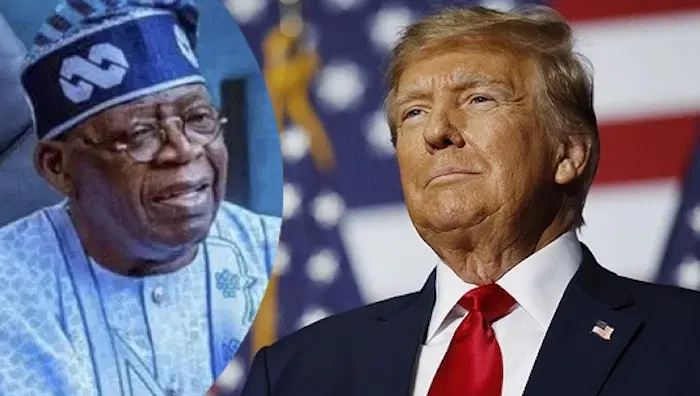
The United States House of Representatives Subcommittee on Africa will hold a public hearing on Thursday, November 20, 2025, to examine Nigeria’s designation as a Country of Particular Concern (CPC) for religious repression.
The hearing, led by Representative Chris Smith (R-NJ), will feature two panels of witnesses, including senior State Department officials and Nigerian faith leaders, who are expected to provide testimony on alleged attacks targeting Christian communities. Confirmed panellists include Jonathan Pratt, Jacob McGee, Nina Shea, Bishop Wilfred Anagbe, and Oge Onubogu.
President Donald Trump redesignated Nigeria as a CPC on October 31, 2025, citing “grave violations of religious liberty” and widespread attacks on Christians. He warned that the US could take decisive measures, including sanctions and potential military action, if the Nigerian government fails to curb violence.
“If the Nigerian Government continues to allow the killing of Christians, the USA will immediately stop all aid… and may very well go into that now-disgraced country, ‘guns-a-blazing,’ to completely wipe out the Islamic terrorists committing these horrible atrocities,” Trump said on November 1, 2025.
The CPC designation, if upheld by the Senate, could restrict US–Nigeria cooperation and target officials allegedly implicated in religious persecution. The measure has been championed by Senator Ted Cruz, while Congressman Riley Moore (R-WV) stressed that Christian deaths in Nigeria far outnumber those of other religious groups.
Nigeria’s President Bola Tinubu rejected the allegations, insisting that the country upholds religious freedom. “Religious freedom and tolerance have been a core tenet of our collective identity and shall always remain so. Nigeria opposes religious persecution and does not encourage it,” he said.
Amid escalating tensions, the Nigerian government dispatched Dr Abiodun Essiet, Senior Special Assistant on Community Engagement (North Central), to Plateau State to mediate between Christian leaders, local herdsmen, and community stakeholders. During the visit, a long-running dispute between a farmer and herdsmen was resolved through compensation and dialogue, highlighting efforts to restore peace.
International voices, including Pope Leo XIV, have expressed concern over rising attacks on Christians in Nigeria and elsewhere, calling for an end to religious violence.
While Trump’s rhetoric included the possibility of US military intervention, some lawmakers, including Congressman Bill Huizenga, have indicated that economic and humanitarian measures are more likely forms of US engagement.
The upcoming hearing will assess patterns of religious persecution in Nigeria and explore potential US responses, ranging from humanitarian aid to punitive sanctions and diplomatic engagement with Abuja.
